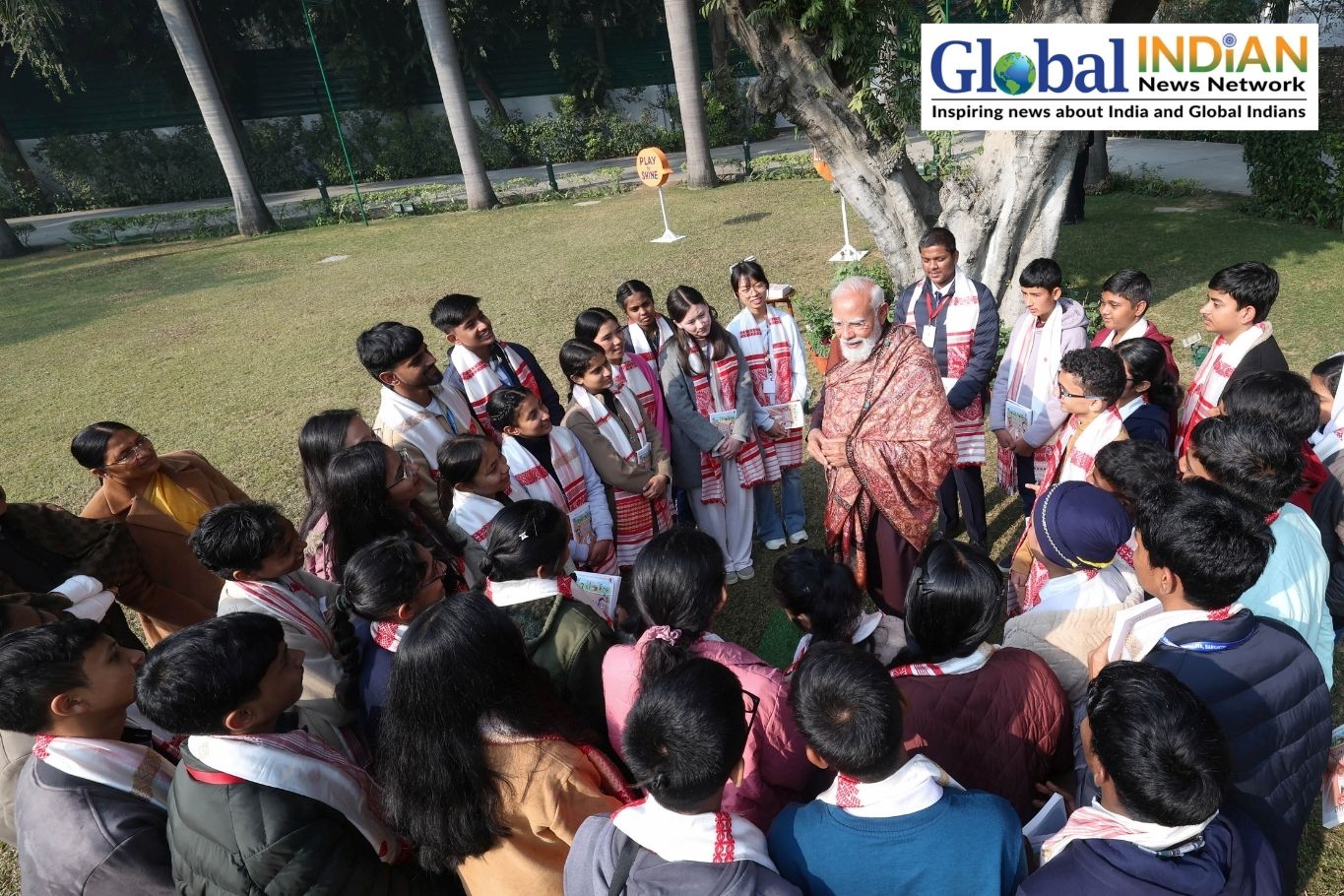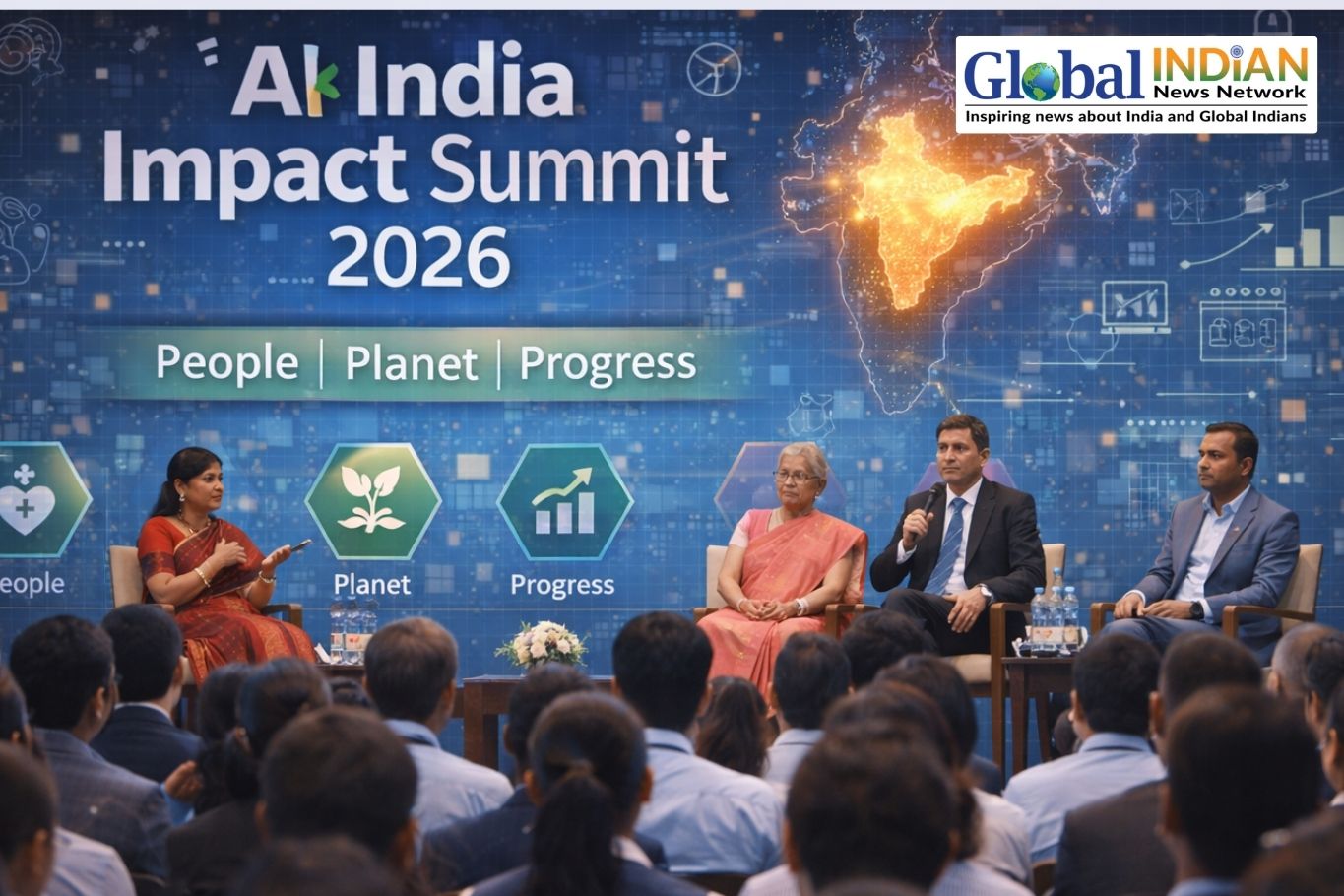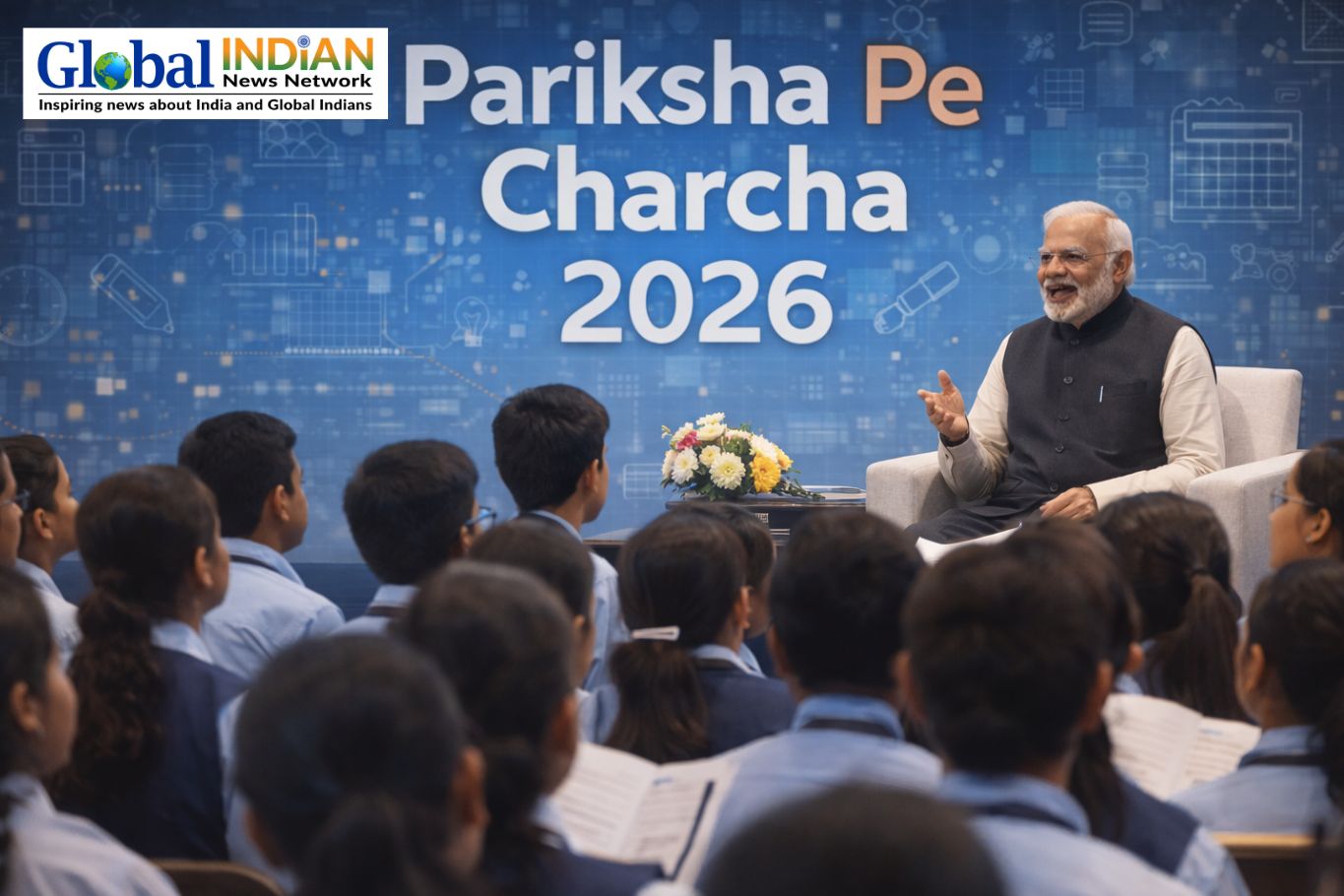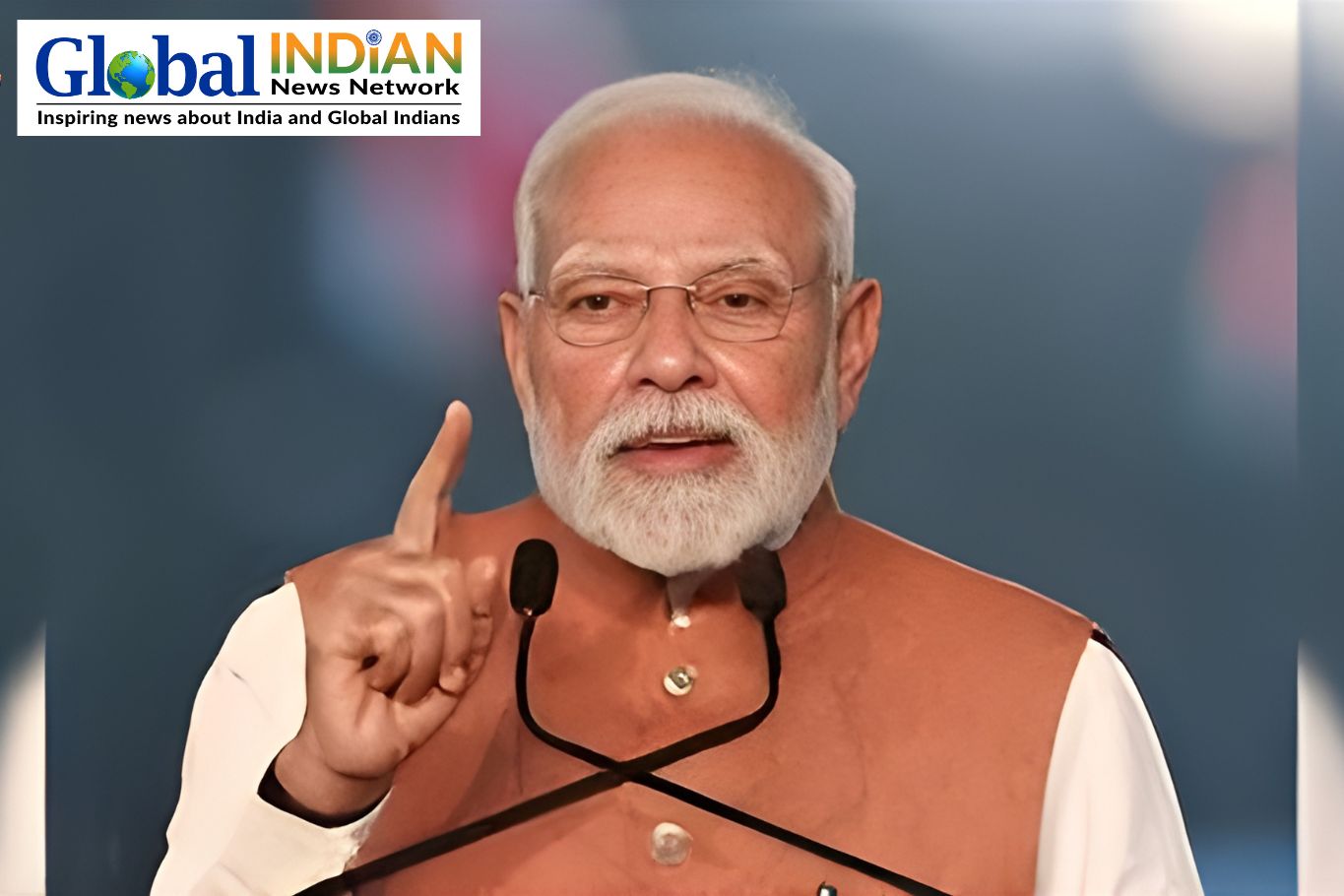 “Nikki Haley embodies experience, skill, and composure amid turmoil, qualities that currently don’t align with the Republican sentiment,” stated Karthick Ramakrishnan, founder and co-director of AAPI Data.
“Nikki Haley embodies experience, skill, and composure amid turmoil, qualities that currently don’t align with the Republican sentiment,” stated Karthick Ramakrishnan, founder and co-director of AAPI Data.
Despite impressive performances in the recent debate by presidential contenders Nikki Haley and Vivek Ramaswamy, experts predict that Indian American Republicans will likely prioritize policy over identity politics and cast their votes for former President Donald Trump, who maintains a significant lead in the race.
AAPI Data’s statistics reveal that among Indian Americans, 48 percent affiliate with the Democratic Party, 22 percent with the Republican Party, and 30 percent remain unaffiliated. In the 2016 election, approximately 15 percent of Indian Americans voted for Trump, though 2020 data isn’t available.
Based on the analysis of 2023 Federal Election Commission reports by New India Abroad, Nikki Haley has emerged as the favored recipient of donations among Indian American Republican supporters. She garnered maximum individual contributions of $6600 from 28 donors, either directly to her campaign or to her PAC, ‘Team Stand for America.’ Her fundraising total reached nearly $10.5 million, securing her 7th place in overall fundraising among all candidates.
Vivek Ramaswamy has raised a total of $19 million, which includes a substantial $15 million loan he extended to his campaign. His ‘American Exceptionalism Super PAC’ collected $505,130 up to the present date. Although he received roughly $3.5 million from individual contributors, no Indian American donor provided the maximum contribution of $6600. Notably, Pavan Kumar Cheruvu, CEO of Bitterroot Bio in San Jose, California, donated $25,000 through Ramaswamy’s PAC.
Reports from Q2 FEC indicate that Donald Trump hadn’t garnered substantial financial support from the Indian American community. Nonetheless, fundraising efforts were undertaken by three PACs without FEC reporting obligations: the Republican Hindu Coalition, Americans4Hindus, and Indian Americans for Trump. The former president amassed nearly $36 million in donations, while President Joe Biden accumulated over $31 million.
Karthick Ramakrishnan, co-director of AAPI Data, highlighted that both Vivek Ramaswamy and Nikki Haley performed remarkably well in debates. Despite their impressive showings, Ramakrishnan indicated that these performances were unlikely to drastically influence voter preferences.
Ramakrishnan described Ramaswamy as an innovative thinker with radical ideas and characterized Haley as a figure embodying experience, competence, and poise in the midst of chaos. However, he noted that these attributes don’t currently align with the sentiments of the Republican base.
Ramakrishnan pointed out that Trump had garnered some support from Indian American men, albeit marginally. Shalabh ‘Shalli’ Kumar, founder of the Republican Hindu Coalition, highlighted Trump’s influence in the Indian American community, citing significant donations made by himself, his wife, and son during Trump’s first bid for office in 2016. The RHC also raised over $4 million in support of Trump’s re-election campaign in 2020.
Dr. AD Amar, founder of Indian Americans for Trump, acknowledged Ramaswamy’s strong presence in debates but affirmed that Trump remained his preferred candidate. Amar noted Ramaswamy’s willingness to pardon Trump if necessary and speculated on his aspirations to be Trump’s running mate. Although Amar acknowledged Haley’s commendable performance, he pointed out her challenges in addressing abortion bans.
Both Amar and Kumar expressed confidence in Trump’s ability to overcome challenges, including ongoing legal cases. Rajiv Bhateja, co-founder of They See Blue, expressed skepticism about a Trump victory and expressed preference for President Biden due to his effective governance, citing achievements such as the Inflation Reduction Act, a strong stance on Ukraine, and job creation.
Bhateja also pointed out Biden’s lack of charisma and highlighted the GOP’s focus on Hunter Biden, who faced legal issues related to taxes and business dealings during his father’s vice presidency. Reflecting on the past, Bhateja expressed reservations about the Trump administration and its impact.









